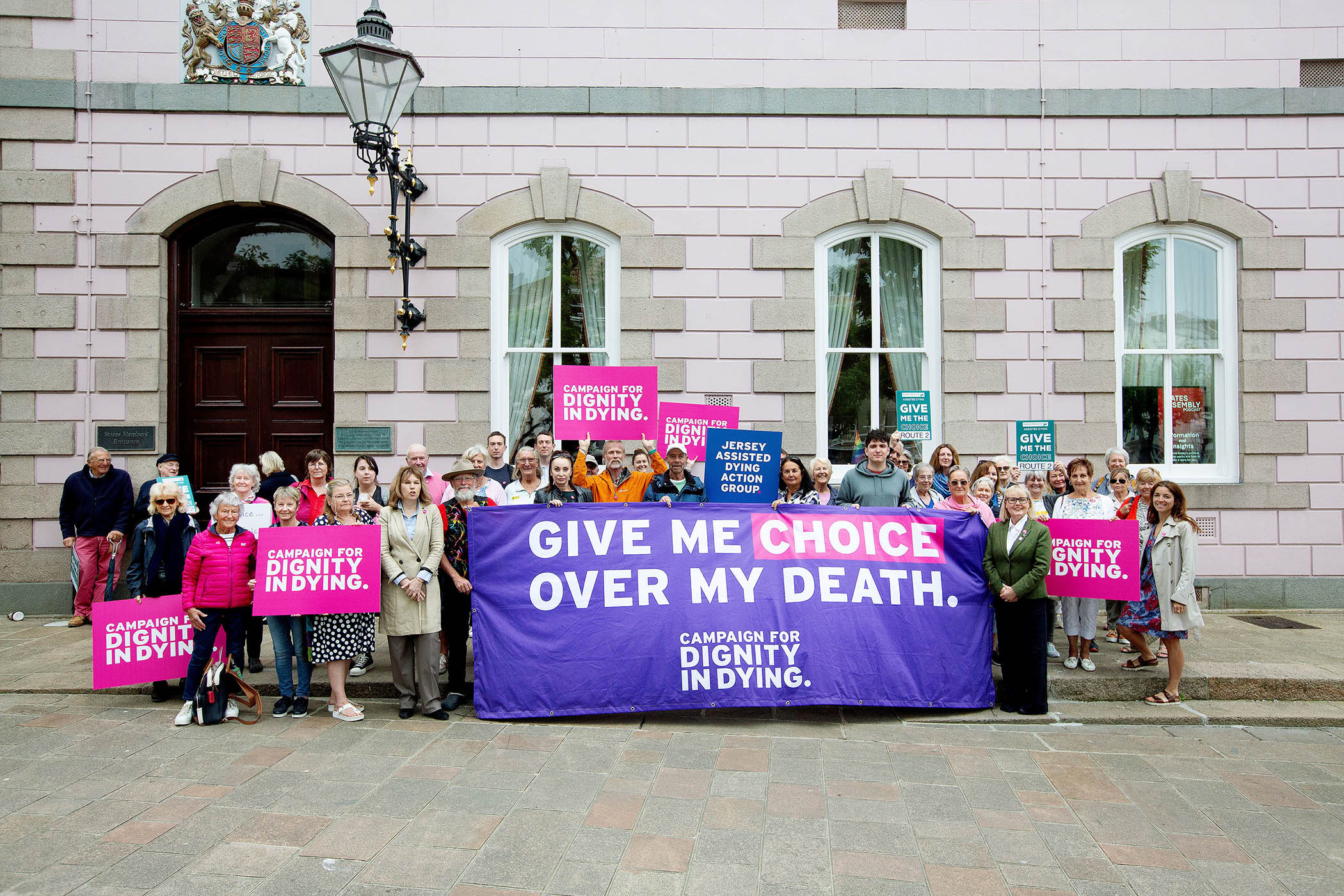The debate over the supreme court judgment on sex and gender and the meaning of “woman” within the Equality Act 2010 has been almost as illuminating as the judgment itself. The court affirmed that the meaning of “woman” in the Equality Act refers to “biological and not certificated sex”; that is, to those born female, not to those who may have changed their gender identity, including through a gender recognition certificate (GRC). This will have major implications, acknowledging as legal the implementation of single-sex spaces and categories, whether in refuges, hospitals or sport.
What the supreme court settled was a legal question, not the wider moral and political issues at the heart of the sex/gender debate. Yet, in much of the discussion over the past week, it was as if politicians, not least Labour ministers, had needed the judges to help sort out their own answers to those more profound questions, too.
“Do you believe that a trans woman is a woman?” Keir Starmer was asked in a TV interview. “I think the supreme court has answered that,” he replied. “A woman is an adult female – the court has made that clear.” Clarity about the law is welcome; but one’s moral or political stance should not derive from the law as it stands. It should, rather, be the foundation of lawmaking. The failure of too many politicians to understand this exposes a void in our political process.
From a moral and political perspective, the distinction between sex and gender is important for both trans people and for women. That distinction is at the heart of “gender dysphoria”, the distress that some people experience because of a perceived mismatch between their biological sex and their gender identity. It is vital, too, for securing equality for those who identify themselves by their gender, not their sex. For women, the discrimination they are forced to confront and the violence they face derive from social perceptions of sexual differences. “Women’s rights” are, in essence, sex-based rights.
To take equality seriously, we must accept that rights matter in relation to both sex and gender, though not necessarily in the same contexts. We must accept, too, that we need to defend rights for all individuals, whether they define themselves by sex or gender. For trans people we should, just as we would for women, oppose discrimination in employment, demand equal treatment in services, support equality in marriage and adoption procedures, and stand up against bigotry. None of this, as the supreme court noted, is affected by its ruling on biological sex.
This has been a fraught and toxic debate, but it won't be the only one
This has been a fraught and toxic debate, but it won't be the only one
For women, sex-based rights and spaces are vital, not just in relation to equal pay or workplace discrimination but also when it comes to rape centres, to sport, to prisons, to intimate hospital care. Such issues are important for trans people, too, and there should be provision for their needs, but not by denying women’s sex-based spaces. To insist that sex-based spaces be erased in the name of trans rights is to demand privileges, not rights.
Yet many women have faced violence, intimidation and loss of livelihood for making such arguments. Many trans activists have labelled disagreement over these issues as “hatred”, short-circuiting the possibilities of debate. Hatred of, and bigotry towards, trans people certainly exists, is often insufficiently acknowledged, and needs to be confronted. Conflating disagreement and hatred, however, only makes it more difficult to do so, undermining the possibilities of solidarity in defence of both women and trans people.
Thinking through the relationship between sex, gender and rights does not require guidance from the supreme court but should derive from our fundamental political and moral beliefs, from the way we view equality, respond to discrimination and mediate conflicting needs. There is nothing wrong with politicians changing their minds over an issue. In fact, coming to different conclusions after carefully thinking it through is a sign of political maturity. But only if the change is openly acknowledged.
Yet the fact that Starmer and myriad MPs instantly turned about-face once the court had ruled – often rewriting history to insist they had always believed this – suggests that little thought had been given to the issue in the first place; rather, that they had landed on answers that seemed politically fashionable or favourable. It exposes the difficulty many politicians have in thinking for themselves, in working through social, political and moral conundrums from first principles.
The desire to lean on the law to settle political and moral issues is not restricted to the gender/sex debate; it is part of a much wider trend of outsourcing moral and political decision-making to external sources, whether the market or the law. The supreme court helped clarify the law. But we still need to engage in the broader political and moral debates about sex and gender, about how to protect women’s rights and sex-based spaces while also defending the rights of trans people and challenging bigotry. This has been a fraught and toxic debate, but it won’t be the only one. Many others will come along, from immigration to climate change. We need to be able to debate them, and with each other, in good faith.
Newsletters
Choose the newsletters you want to receive
View more
For information about how The Observer protects your data, read our Privacy Policy
Photograph Paul Stuart


